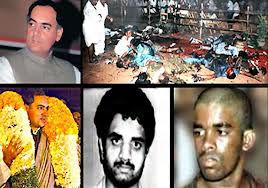New Delhi, Jan 7: The government has asked public sector undertakings to dissuade their employees from participating in the 'Bharat Bandh' called on Wednesday and advised them to prepare a contingency plan to ensure smooth functioning of the enterprises.
Ten central trade unions have said around 25 crore people will participate in the nationwide strike to protest against the government's "anti-people" policies.
Trade unions INTUC, AITUC, HMS, CITU, AIUTUC, TUCC, SEWA, AICCTU, LPF, UTUC along with various sectoral independent federations and associations had adopted a declaration in September last to go on the nationwide strike on January 8.
"Any employee going on strike in any form, including protest, would face the consequences which, besides deduction of wages, may also include appropriate disciplinary action," said an office memorandum issued by the government.
"Suitable contingency plan may also be worked out to carry out the various functions of the ministry/department," it added.
It also issued instructions not to sanction casual leave or other kind of leave to employees if applied for during the period of the proposed protest or strike and ensure that the willing employees are allowed hindrance-free entry into the office premises.
The instructions issued by the Department of Personnel & Training prohibit the government servants from participating in any form of strike, including mass casual leave, go-slow and sit-down, or any action that abet any form of strike.
Besides, pay and allowances are not admissible to an employee for his absence from duty without any authority.
The central trade unions are protesting against labour reforms, FDI, disinvestment, corporatisation and privatisation policies and to press for a 12-point common demands of the working class relating to minimum wage and social security, among others.






Comments
Add new comment